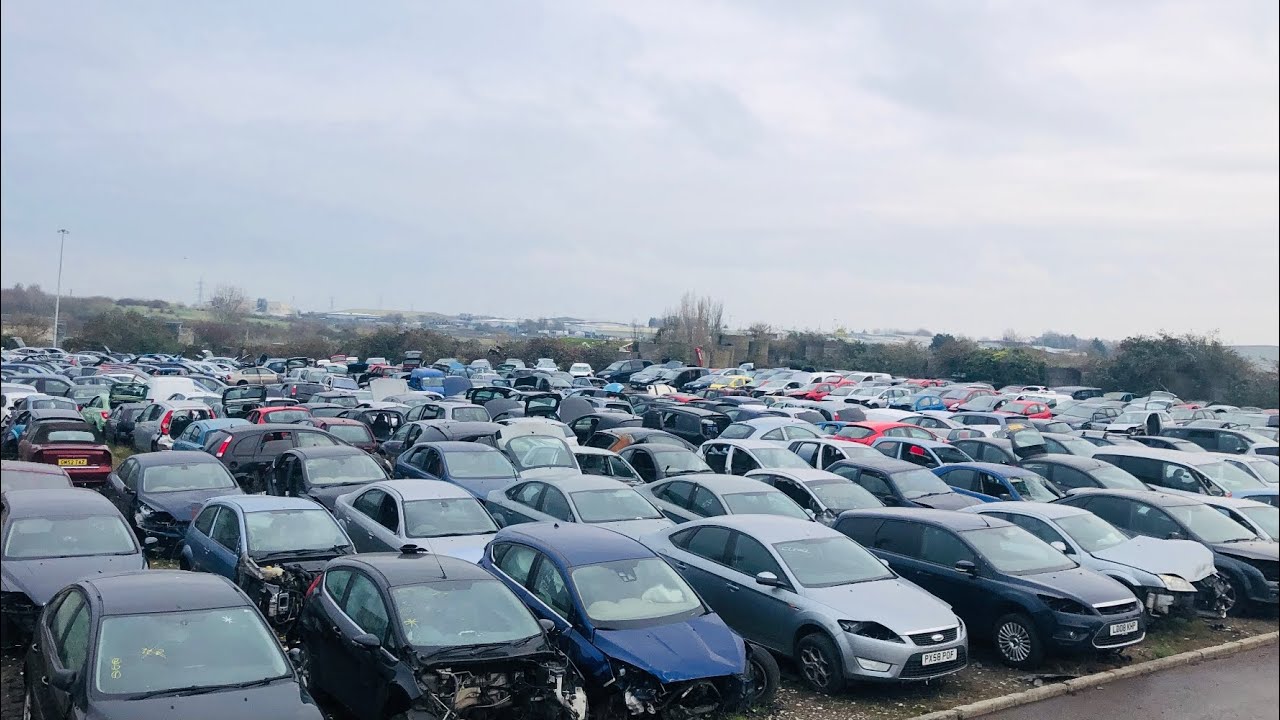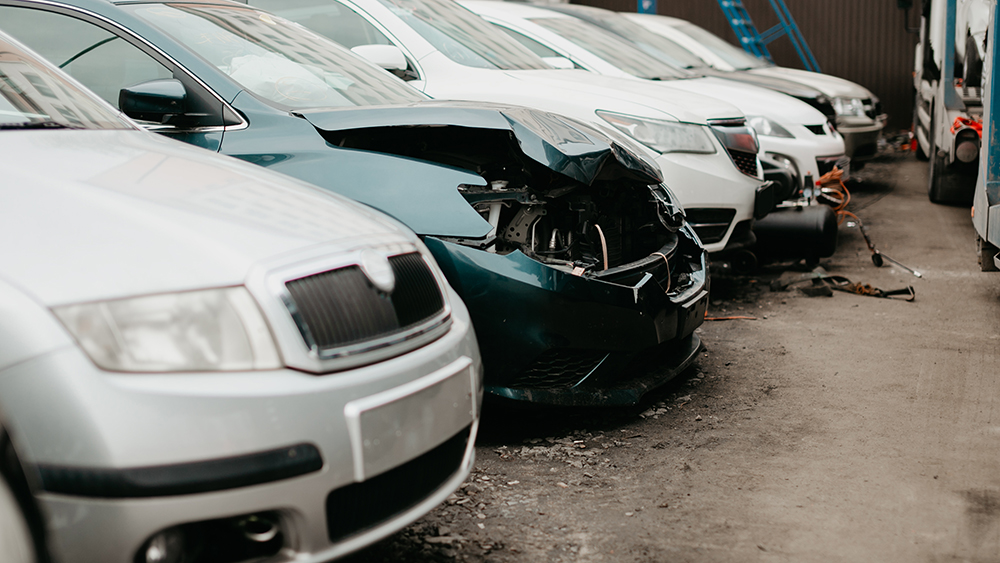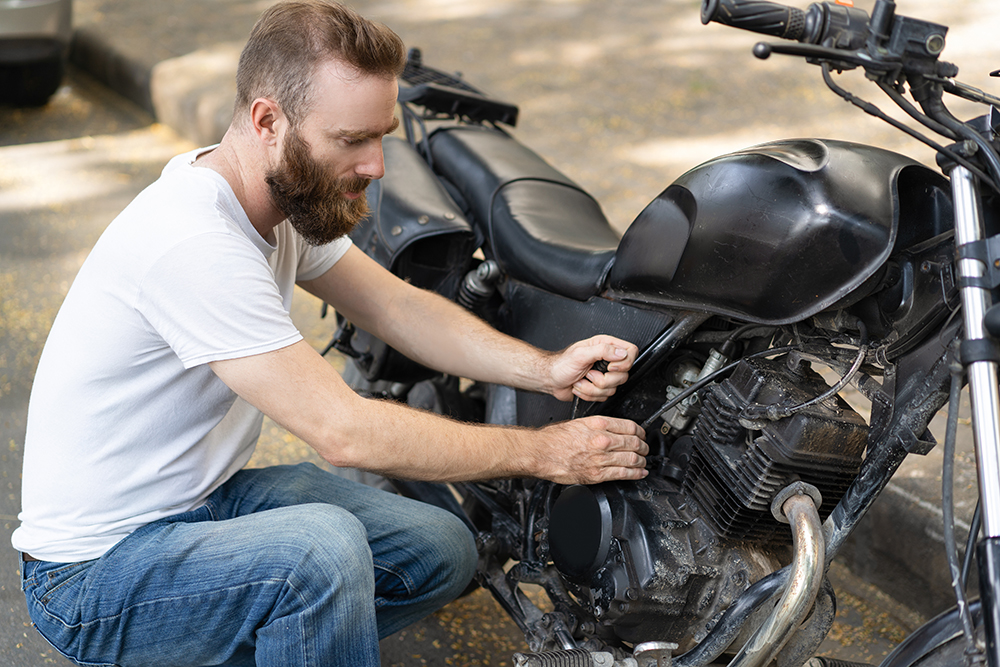
What Is a Clean Title Vehicle? Everything You Need to Know
Are you considering purchasing a vehicle, but puzzled by all the jargon associated with vehicle titles? One term you may have come across is a “clean title.” Understanding what a clean title vehicle is, and how it differs from other types of vehicle titles like “Salvage Title Cars” is crucial when making an informed purchasing decision.
What is a Clean Title Vehicle?
A clean title vehicle is a vehicle that has never suffered significant damage, like those from a severe accident, flood, or fire. In simpler terms, it’s a vehicle that has not been declared a total loss by an insurance company. Unlike salvage or rebuilt titles, a clean title means the vehicle has retained its original value and has not faced any major catastrophe that would significantly diminish its worth.
Benefits of Owning a Clean Title Vehicle
The benefits of owning a clean title vehicle are manifold. Firstly, these vehicles typically have a higher resale value compared to those with a salvage title or rebuilt title. This is because they have not been subjected to severe damage or major repairs that could potentially affect their performance or lifespan.
Secondly, clean title vehicles are often more reliable. Since they haven’t experienced significant damage or undergone extensive repairs, there’s a lesser chance of facing unexpected mechanical issues.
Lastly, insurance companies generally prefer clean title vehicles. Salvage or rebuilt vehicles can be a higher risk to insure due to their history, and some insurance companies may even refuse to offer full coverage.
How is a Clean Title Affected?
Several incidents can alter the status of a clean title. If a vehicle is involved in an accident and sustains severe damage, it might be classified as a salvage vehicle, especially if the repair cost exceeds its value. This would convert the clean title into a salvage title.
Natural disasters that result in substantial damage can also lead to a change in title status. For instance, a vehicle affected by floods or fires may be declared a total loss by the insurance company, thus changing its title from clean to salvage.
Clean Title vs. Other Titles
It’s important to understand how a clean title contrasts with other types of vehicle titles.
A salvage title, for instance, is given to a vehicle that has been declared a total loss by an insurance company. This is usually due to substantial damage from an accident, flood, fire, or other major incidents. For example, Salvage Title Cars may have faced severe damage in the past, but have since been repaired and put up for sale.
Rebuilt or reconstructed titles, on the other hand, are given to previously salvage vehicles that have been repaired and inspected by a state motor vehicle department. While these vehicles have been fixed, they still carry the history of being once classified as salvage.
The Importance of a Clean Title When Buying or Selling a Vehicle
When buying or selling a vehicle, the title status plays a pivotal role. As a buyer, purchasing a clean title vehicle ensures you’re investing in a vehicle free from major accidents or damage. As a seller, a clean title can attract more potential buyers and yield a higher selling price.
Always ask for the vehicle title status before purchasing, and if in doubt, request a vehicle history report.
How to Check if a Vehicle Has a Clean Title
Checking whether a vehicle has a clean title is relatively simple. You can use various online services that provide vehicle history reports using the vehicle identification number (VIN). These reports outline detailed information about the vehicle’s past, including its title history.








